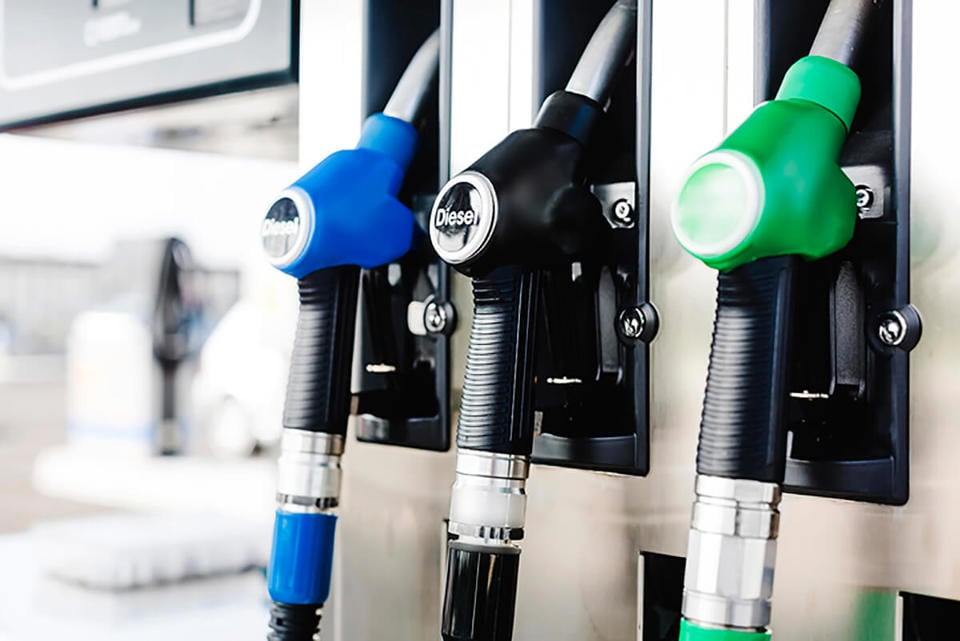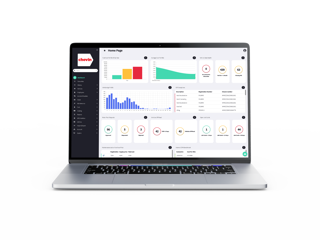Many fleets are now preparing for the impending fuel price rises.
According to exclusive research for Fleet200, which quizzed the largest fleets in 10 industry sectors such as blue light fleets and fleets run by construction companies, 37% are predicting a rise in their fuel spend next year, with 15% expecting the amount they spend on fuel will rise by 10% or more in 2011.
However a quarter said they do not expect their fuel spend to increase next year.
The vast majority of the respondents – 83% - to a Fleet News poll, which received one of the highest response rates this year, said they are now using fuel cards to help manage their fuel costs.
This confirms findings by Arval, which found that 71% of fleets with five or more vehicles are now using fuel cards.
Of those responding to the Fleet News survey, the overriding theme was that fuel cards save not just on fuel costs, but also on administration and driver time.
They also provide data on vehicle and driver performance and spending habits, which can have a dramatic effect on fuel costs.
“Fuel cards are an invaluable tool to manage fuel expenditure,” said one respondent. “As well as offering competitive pricing, cards offer useful management tools and information that help to control overall fuel usage and CO2 monitoring.”
Another said fuel cards mean “no paperwork expense claims, less fraud and better reporting”.
Meryl Gilbert, head of business development – fuel at Arval, agrees: “Fuel cards can provide a lot of valuable data that can help create a fuel policy to change habits.”





















adamrollins - 06/09/2010 14:59
Implementing a fuel card in conjunction with a mileage management system is the best way to maximise efficient fuel purchase. Mileage can be attributed to business and private use on a mile for mile basis. This means that the company pays actual pence per mile for business usage, and can choose to deduct the same from the driver to make good the private mileage (alternatively AFR or other rates can be applied). The heavy right foot syndrome can be managed on an individual driver basis, but if the driver has to pay for actual fuel usage, this encourages more efficient driving and fuel purchasing anyway through the impact on the private mileage deductions the driver pays. Actual mpg achieved by the driver can be monitored, with incentives for best performing drivers. Efficiency gains from mileage management are long term, predictable and controlled and far outweigh sporadic savings such as drivers who fail to make expense claims, which will surely become less common as fuel inflation continues to impact all of us. Adam Rollins, Business Development Managager, MIDAS FMS. www.midas-fms.com